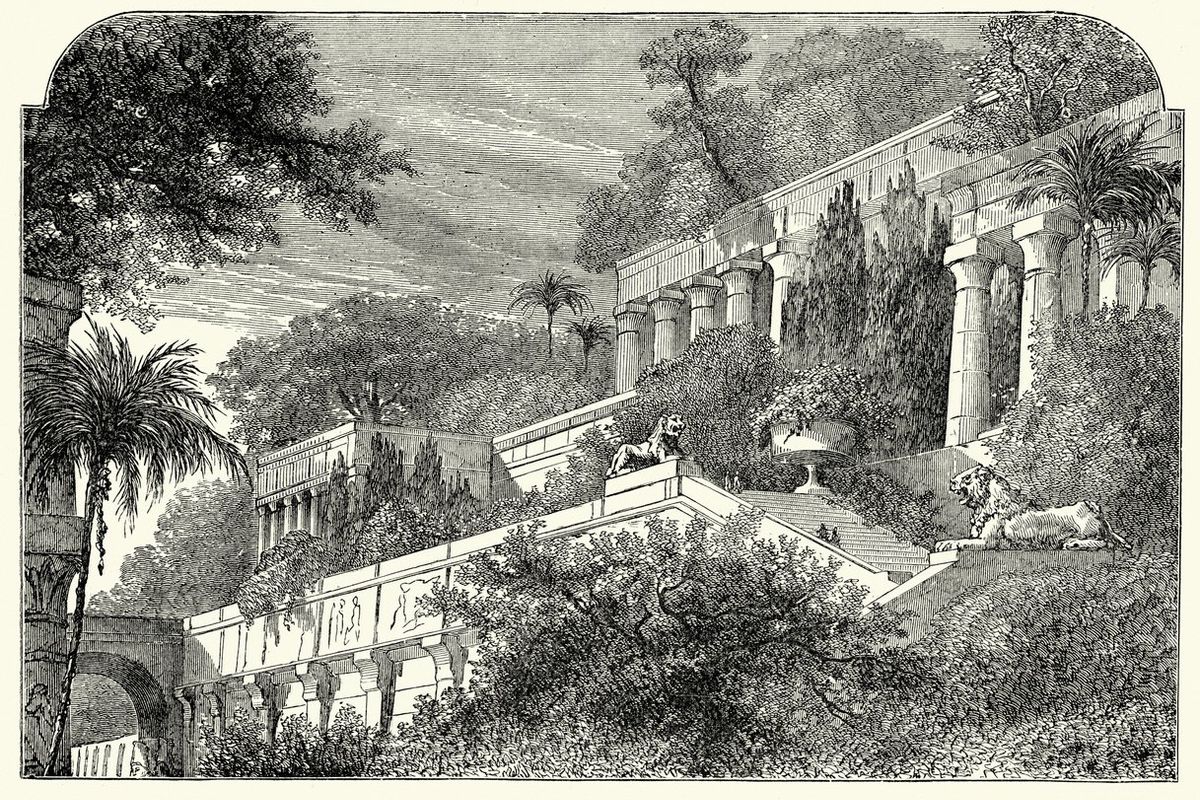Science & Tech
Harriet Brewis
Aug 23, 2024
Ancient Greek Texts Restored by Chemist in the Hopes of Revealing Secrets …
ZMG - Amaze Lab / VideoElephant
A set of 4,000-year-old tablets that have mystified experts for over a century have finally been deciphered – and they don’t paint a pretty picture of the future.
The four Babylonian slabs were unearthed more than 100 years ago in present-day Iraq but have only just been translated into modern language.
The tablets are inscribed with cunieform text – a system of writing that was used in the ancient Middle East.
And it has now emerged that they foretell the downfall of civilisations and the deaths of great leaders, according to a study published in the Journal of Cuneiform Studies.
The peoples of Babylonia and other parts of Mesopotamia used the movement of the Moon, specifically lunar eclipses, to predict future events.
They analysed eclipses by time of night, shadow patterns, duration and dates which they then used to form visions of the future, the study notes.

For example, one omen laid out on the tablets states that if "an eclipse becomes obscured from its centre all at once [and] clear all at once: a king will die, destruction of Elam." Elam was an area of Mesopotamia in what is now Iran, as Live Science notes.
Another prediction claims that if "an eclipse begins in the south and then clears [this will signal the] downfall of Subartu and Akkad" – again, both regions of Mesopotamia at the time.
And another reads that “an eclipse in the evening [...] signifies pestilence."
The study’s authors suggest that ancient astrologers may have used past experiences to help form their prophecies.
"The origins of some of the omens may have lain in actual experience — observation of portent followed by catastrophe," Babylonian expert Andrew George, of the University of London, told Live Science.
However most of the forecasts were most likely determined via a theoretical system which linked the characteristics of different eclipses to various omens, he added.
These ancient peoples believed that “events in the sky” were signs sent by the gods to warn about the fates of communities and their rulers.
"Those who advised the king kept watch on the night sky and would match their observations with the academic corpus of celestial-omen texts," George and his colleague Junko Taniguchi wrote in their paper.

Nevertheless, kings in ancient Mesopotamia didn't solely rely on eclipse-based omens to predict what lay ahead.
"If the prediction associated with a given omen was threatening, for example, 'a king will die,' then an oracular enquiry by extispicy [inspecting the entrails of animals] was conducted to determine whether the king was in real danger," George and Taniguchi wrote.
Still, if the entrails also warned of danger, people believed they could perform certain rituals that could combat the forces of evil that lay behind it and thereby quash the omen, the researchers added. So even if the predictions looked bleak, the Mesopotamians believed they had the power to prevent the forecasted future.
The four stone texts probably came from Sippar – a city that once flourished in what is now Iraq, George said. At the time they were written, the Babylonian Empire was thriving in parts of the region.
The tablets were added to the British Museum's collection between 1892 and 1914 but had not been fully translated and published until now.
Sign up for our free Indy100 weekly newsletter
How to join the indy100's free WhatsApp channel
Have your say in our news democracy. Click the upvote icon at the top of the page to help raise this article through the indy100 rankings
Top 100
The Conversation (0)














